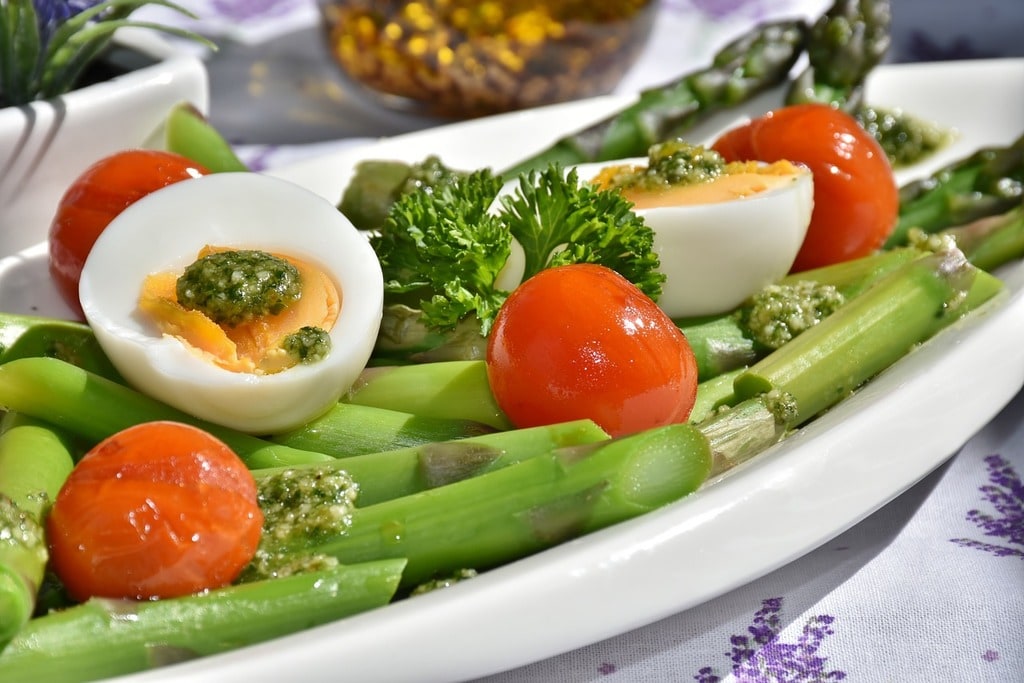
Essential nutrients for energy boost
In today’s fast-paced world, maintaining optimal energy levels is essential for productivity and overall well-being. Many people rely on caffeine and sugar-laden energy drinks, but there are healthier, more sustainable ways to boost energy through nutrition. Consuming the right nutrients can help enhance energy levels naturally, support metabolic processes, and reduce fatigue. This article explores essential nutrients that are key to sustaining energy throughout the day.
Key Nutrients for an Energy Boost
When seeking to increase energy naturally, certain nutrients play a pivotal role. These nutrients do not only help in energy production but also aid in maintaining energy levels throughout the day. Understanding these nutrients and incorporating them into daily meals can make a significant difference in how one feels and performs.
Carbohydrates are one of the primary sources of energy for the body. They break down into glucose, which is used by cells for fuel. Whole grains, fruits, and vegetables provide complex carbohydrates, which are absorbed slowly and provide a steady source of energy. Simple carbohydrates, found in sugary snacks, offer quick energy spikes but are often followed by a crash.
Proteins are essential for repairing and building tissues, but they also play a role in energy production. Amino acids from proteins are used to produce hormones and enzymes that regulate metabolism. Including lean meats, dairy, legumes, and nuts in meals can help sustain energy levels.
Fats are not just a source of calories but also an essential nutrient for energy. Healthy fats, like those found in avocados, nuts, and olive oil, provide a concentrated source of energy and are necessary for the absorption of fat-soluble vitamins.

Vitamins and Minerals That Support Energy
Vitamins and minerals are vital for various biochemical reactions that occur within the body, many of which are integral to energy production. Ensuring adequate intake of these micronutrients can support energy metabolism and overall vitality.
B Vitamins, such as B1, B2, B3, B5, B6, B7, B9, and B12, are particularly important for converting food into energy. They help in the formation of red blood cells, which carry oxygen throughout the body, thus preventing fatigue. Foods rich in B vitamins include whole grains, eggs, dairy products, and leafy greens.
Iron is another critical mineral, as it is a component of hemoglobin, which transports oxygen in the blood. Low iron levels can lead to anemia, characterized by tiredness and lethargy. Red meat, spinach, and lentils are excellent sources of iron.
Magnesium plays a role in over 300 enzymatic reactions, many of which are involved in energy production. It helps convert food into energy and is found in foods like nuts, seeds, and whole grains.
Strategies to Incorporate Energy-Boosting Nutrients
For those looking to enhance their diet with energy-boosting nutrients, the following strategies can be beneficial :
- Opt for whole grains instead of refined grains to ensure a steady release of energy.
- Include a source of lean protein in every meal to help maintain muscle mass and energy levels.
- Add healthy fats to meals, such as a drizzle of olive oil or a handful of nuts.
- Consume a variety of colorful fruits and vegetables to ensure a broad intake of vitamins and minerals.
- Stay hydrated, as even mild dehydration can lead to fatigue.
The Role of Hydration in Energy Levels
While discussing nutrients, the importance of adequate hydration should not be overlooked. Water is essential for every cell in the body to function optimally. Even mild dehydration can result in fatigue and decreased concentration. Drinking sufficient water throughout the day aids in digestion, nutrient absorption, and the regulation of body temperature, all of which contribute to sustained energy.
Final Thoughts on Enhancing Energy Through Nutrition
Adopting a balanced diet rich in essential nutrients can naturally boost energy levels and improve overall health. Prioritizing whole foods, such as fruits, vegetables, whole grains, and lean proteins, provides the body with the necessary components to generate and maintain energy. By focusing on these nutritional strategies, one can experience increased vitality and improved daily performance.
